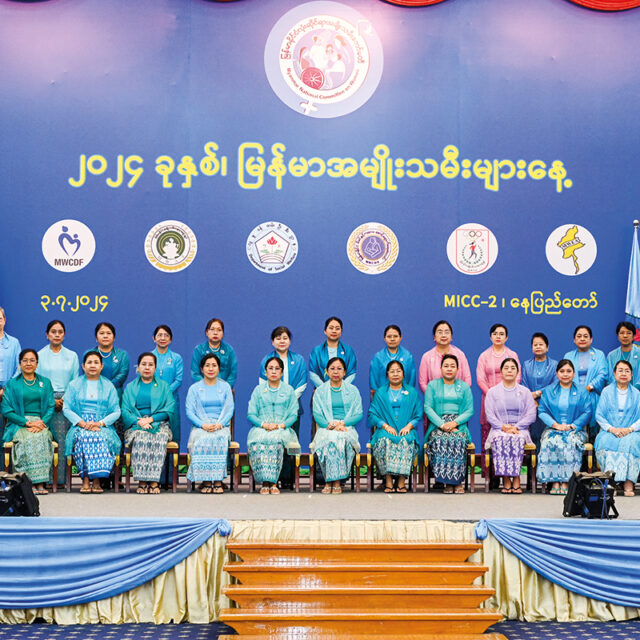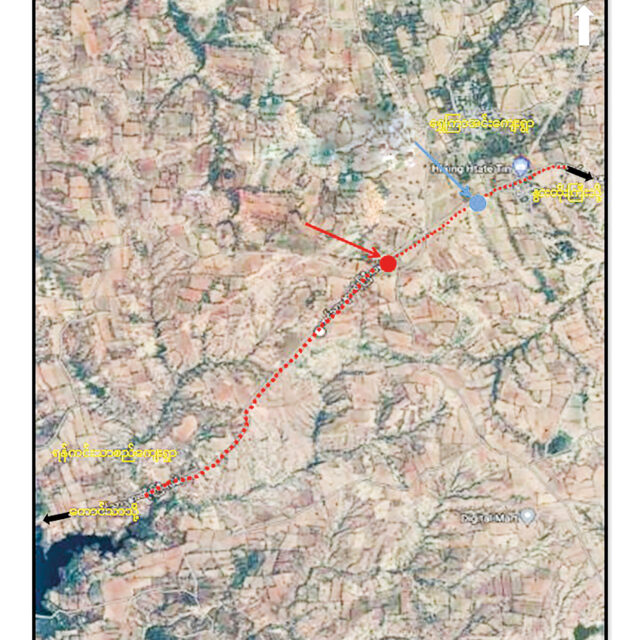By Augustin
Idioms, expressions, and sayings are important in everyday conversations. They go beyond literal meanings, sharing cultural knowledge and making language more interesting.
Idioms are like colourful tools that create vivid pictures, making conversations memorable.
When people use idioms, it helps them connect and understand each other better. Idioms also make language rich, showing the diversity of different cultures.
They are powerful for effective communicati on, making conversations dynamic and expressive. Using idioms in everyday language helps with cultural understanding and makes social communication easier.
In the intricate tapestry of human communication, words weave the fabric of understanding and connection.
Each conversation is a rhythmic dance, transcending borders and cultures, creating a harmonious symphony of shared experiences.
Through the artistry of language, we connect, express, and explore the vast landscapes of our thoughts, fostering unity and embarking on a journey of shared humanity.
“စန်းပွင့်” (san: pwin)
ရင်းမြစ်
Pali-စန္ဒ+Myan-ပွင့်
MYANMAR MEANING
လူချစ်လူခင်များသည်။ ထင်ပေါ်သည်။
“စန်းပွင့်” (sanpwint) is a Myanmar stative verb, and it is categorized as an idiom.
MEANING
The term is rendered in English as ‘be popular,’ ‘be widely known,’ or ‘be well-liked.’ Another meaning for the term is ‘like a shining moon’.
The moon is considered a symbol of love and charm in astrology. If the moon occupies a favourable position when a person’s horoscope is cast, it is believed that the individual will be fortunate in romantic affairs. Consequently, someone who is either attracting love or is dearly loved by others is said to be in a state resembling a shining moon.
ENGLISH EXPRESSIONS
“Under a lucky star in love”: Similar to the favourable positioning of the moon, this expression suggests someone fortunate in matters of the heart.
“Basking in the moonlight of love”: Reflecting the idea of being in a state resembling a shining moon, this phrase conveys someone experiencing the warmth and radiance of affection.
“Love’s celestial alignment”: Drawing a parallel to astrology, this saying emphasizes the positive influence of cosmic forces on one’s romantic fortunes.
“In the glow of love’s orbit”: Similar to being in a state resembling a shining moon, this expression highlights the radiant and captivating nature of someone deeply loved.
“Under love’s enchanting crescent”: This phrase combines the imagery of the moon’s crescent shape with the enchantment associated with love, indicating a person experiencing a romantic charm.
ဟင်းလေးအိုး (hang:le:ui)
common noun
ဟင်းလေး
ဟင်း(n)+လေး(adj)+အိုး(n)
figurative
MYANMAR MEANING
ဟင်းအမျိုးမျိုးကိုအရသာလေးအောင်ရောကျိုထားသောဟင်း
ဗဟုသုတစုံလင်သူ။
စာပေဟင်းလေးအိုးကြီး။
MEANING
The term is rendered in English as a pot of mixed curries: a knowledgeable person.
ENGLISH EXPRESSIONS
Here are some English expressions for “a pot of mixed curries”:
Assorted curry pot
Medley of curries
Mixed curry assortment
Potpourri of curries
Diverse curry pot
Variety of curries in a pot
Curry blend pot
Eclectic curry mix
Assortment of curry flavours
Pot of diverse curries
LITERAL EXPRESSIONS
“A melting pot of curries.”
“Throwing everything into the curry pot.”
“Stirring up a curry storm.”
“All curries in one basket.”
“Currying favour with variety.”
“A curry mishmash.”
“Putting all the curries in the same pot.”
“A curry medley that’s a real potluck.”
“Mixing curries like there’s no tomorrow.”
“Curries from all walks of spice.”
FIGURATIVE EXPRESSIONS
Here are figurative expressions associated with the term “knowledgeable person”.
“A walking encyclopedia”.
“Fountain of wisdom”.
“A font of knowledge”.
“A book of knowledge”.
“A mind like a library”.
“Well-read and well-bred”.
“Brains of the operation”.
“A walking dictionary”.
“Full of pearls of wisdom”.
“A walking repository of information”.
IDIOMATIC EXPRESSION
CURRY FAVOUR
“Curry favour” is indeed an idiomatic expression. The phrase means to seek to gain favour or approval through flattery, special attention, or other manipulative means. It is often used to describe someone who is attempting to win someone’s favour or approval, sometimes with an ulterior motive.
မျက်နှာပြောင်တိုက် (myakhna-praungtaik)
compound verb
မျက်နှာ(n)+ပြောင်(v)+တိုက်(v)
မရှက်မရွံ့ အားမနာဘဲပြုသည်။
The term is rendered in English as behaving brazenly.
If someone commits a disgraceful act, they would typically feel guilty and might avoid facing their associates. However, some individuals can boldly confront others despite committing shameful offences. Doing something dishonourable without showing remorse or guilt is referred to as confronting with a bare face.
Here are some English expressions related to acting or behaving brazenly: –
1. “Bite off more than one can chew” – This expression means taking on more than one can handle or being overly ambitious without considering the consequences. For example, “She has really bitten off more than she can chew by taking on three jobs at once.”
2. “Throw caution to the wind” – This phrase is used to describe taking a risk without considering the possible adverse outcomes. For instance, “She threw caution to the wind and quit her job without having another one lined up.”
3. “Burn bridges” – This idiomatic expression means to ruin a relationship or connection, often by behaving disrespectfully or audaciously. An example would be, “He burned his bridges with the company when he publicly criticized his manager.”
4. “Let the cat out of the bag” – This saying means to reveal a secret or disclose information that was meant to be kept confidential. For example, “She accidentally let the cat out of the bag about the surprise party.”
5. “Go out on a limb” – This expression is used to describe taking a risk or making a bold decision. For instance, “She has really gone out on a limb by investing all her savings in that business venture.”
6. “Make a scene” – This idiom refers to causing a public disturbance or drawing attention to oneself through dramatic behaviour. An example would be, “He made a scene at the restaurant when his meal was not cooked to his liking.”
SOURCES:
မြန်မာစာလုံးပေါင်းသတ်ပုံကျမ်း (မြန်မာစာအဖွဲ့၊ ၂၀၀၃ ခုနှစ်)
Myanmar Idioms, written by Saya Hla Thamein
THEIDIOMS.COM














